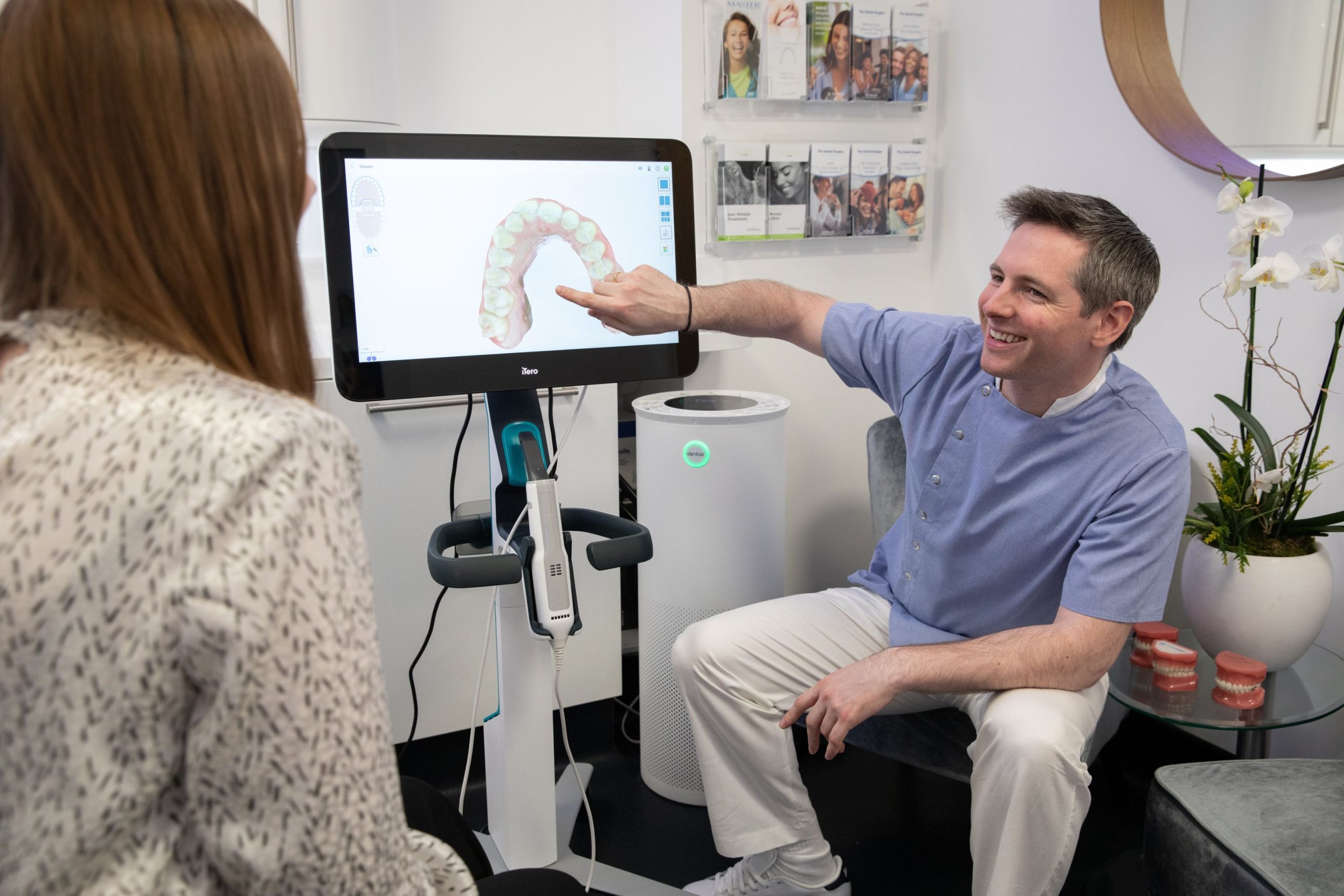-
Categorised as:
- Periodontics
- Dental Hygiene
- General Dentistry
Can Good Oral Hygiene Reduce Cancer Risk?
Maintaining good oral hygiene has many obvious advantages, from freshening your breath to reducing the risk of tooth decay and gum disease (among other health benefits).
But do these benefits extend to reducing the likelihood of developing certain types of cancer?
No Definitive Answer
A key point to make is that there is no 100% conclusive answer. Some research has seemingly established a link between aspects of dental health and cancer risk but it would be wrong to state that this is proven beyond doubt.
As with most research in its infancy there is need for more research to prove, or disprove, this connection beyond doubt.
‘Poor Oral Health May Increase Risk Of Cancer Death’
In 2012, the Daily Telegraph ran the headline above and it was a fair headline based on the long-term piece of research by the University of Helsinki and the Karolinska Institute in Sweden. The research was funded by the Swedish Ministry of Health and Social Affairs, and the Karolinksa Institute.
Their study was published in the peer-reviewed BMJ Open journal and it looked at volunteers over a 24-year period. The study saw the volunteers undergo a dental check at the start of the 24-year period and then, over ensuing years national death registries were studied.
The findings showed that those who had died tended to have had higher levels of plaque at that initial dental check.
However, while the association found was significant, what can’t be said with complete certainty is that there is a direct link. Those who died might have had higher plaque levels through other factors that can lead to death rather than being the cause itself.
This was, though, a significant piece of work, with some 1,390 participants measured across 24 years. Those who took part were all aged between 30 and 40 at the start of the study and had good dental health. Of the 1,390 participants, 58 died during the follow-up period and 35 of these due to cancer. Those who died of cancer were found to have been more likely to have had higher plaque, gum inflammation and tartar levels at the start of the process.
It must be noted that they were also more likely to be male, have been older at the start of the study and to be a smoker. The NHS states that the study shows “oral health may be associated with an increased risk of dying”.
Further Studies
In 2017, a Daily Mail report headline ran ‘Why brushing your teeth could reduce the risk of throat cancer by more than a fifth, study finds’. The headline would seem to suggest a comparison between brushing teeth and not brushing teeth at all – clearly if you were to never brush your teeth they could end up decaying and putting you at risk of losing your teeth, along with other health risks.
The study looked at a link between Tannerella forsythia – a type of bacteria – and oesophageal cancer. This form of bacteria was found to be more common in people who went on to develop this cancer, but the reporting by the Mail here was poor. It assumes that brushing teeth better would remove this bacteria and so cancer risk would be reduced, however no direct link was established between the two, the bacteria could be a symptom of factors making cancer more likely, not the cause. The NHS detailed review of this study is fairly damning in that it suggests the review makes conclusions that cannot be backed up by the evidence. At best it suggests areas for further research.
A Key Piece Of Work
A year later in 2018, research led by Tufts University suggested a link between periodontitis – advanced gum disease – and increased cancer risk. The study of some 7,466 participants looked at dental health and then whether those participants went on to get cancer over a 10-year period.
The standout headline was that there was a 24% increase in the risk of developing cancer among patients who had severe periodontitis at the start of the process, compared to those with at-worst mild periodontitis. Among patients with no teeth – often a sign of extreme periodontitis – the increase was 28%. The study found that the risk of lung cancer and colon cancer saw the greatest increase – those with severe periodontitis were more than twice as likely to then get lung cancer.
Flaws in previous studies failed to take into consideration whether patients were smokers or had other lifestyle factors that needed to be taken into consideration. Here, even the group of non-smokers followed the same pattern – those with severe periodontitis showed a significant increase in the likelihood of developing lung and other forms of cancer. The team behind this work admit that further work is required, but the results appear to be significant.
Read more on this research here.
So, Can Good Oral Hygiene Reduce Cancer Risk?
The answer is maybe.
There appears to be a growing weight of evidence that poor oral health may play a part in increasing the risk of some forms of cancer.
The 2018 research suggested that some forms of cancer were more likely if a patient had severe periodontitis and compared this against mild or no periodontitis. It did not, however, establish a link to say that a patient with mild periodontitis was more likely to develop cancer than someone with no gum disease whatsoever.
What is certain is that good oral hygiene has huge overall benefits. It helps prevent tooth decay, cavities, bad breath and potential tooth loss. Good oral hygiene helps stop the onset of gingivitis (the first stage of gum disease) and reduces the risk of more aggressive periodontitis.
Gum disease has been linked with heart conditions, diabetes and other serious health problems, so there is a systemic impact caused by plaque bacteria. What is also clear is that oral health is an important part of living a healthy life that can potentially have a positive impact on your overall health and wellbeing.
Do you have a specific question?
Get in touch with us today.



